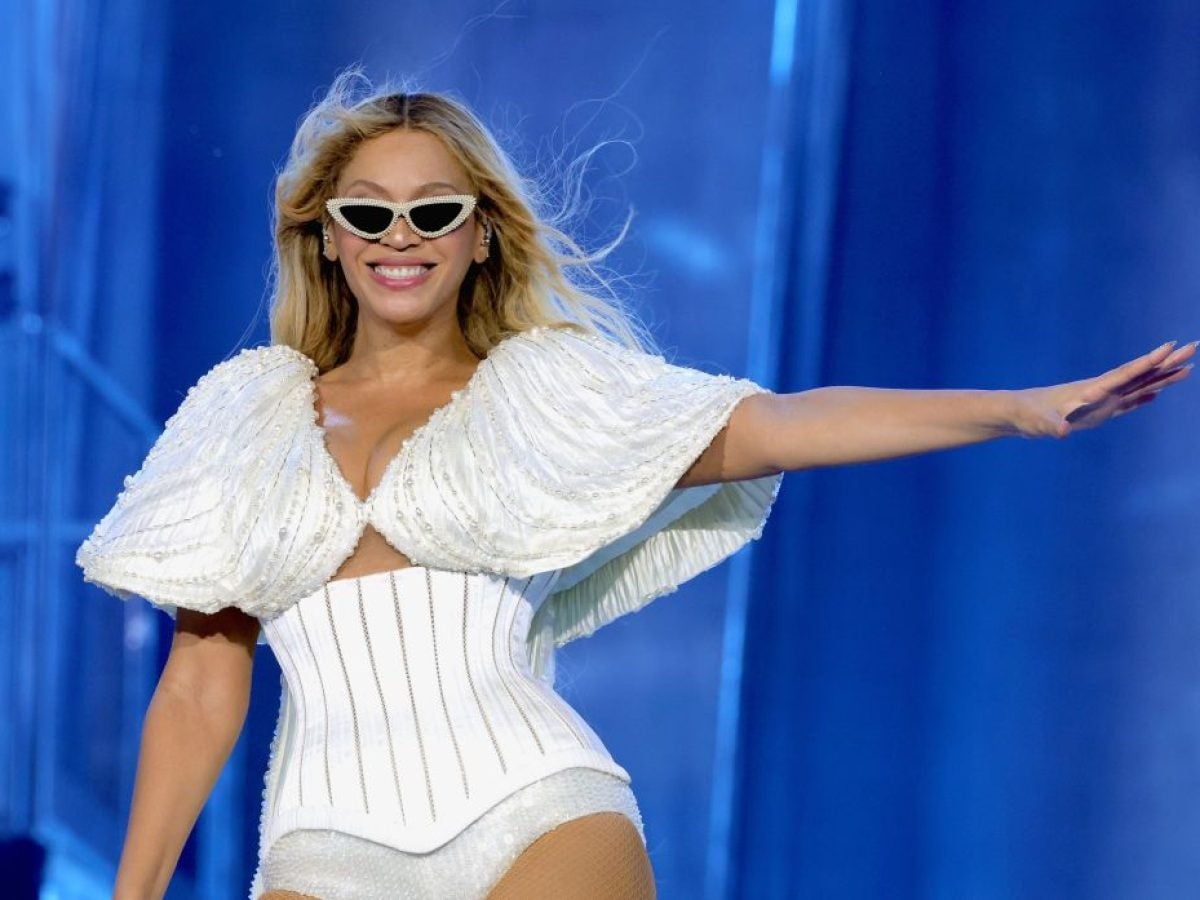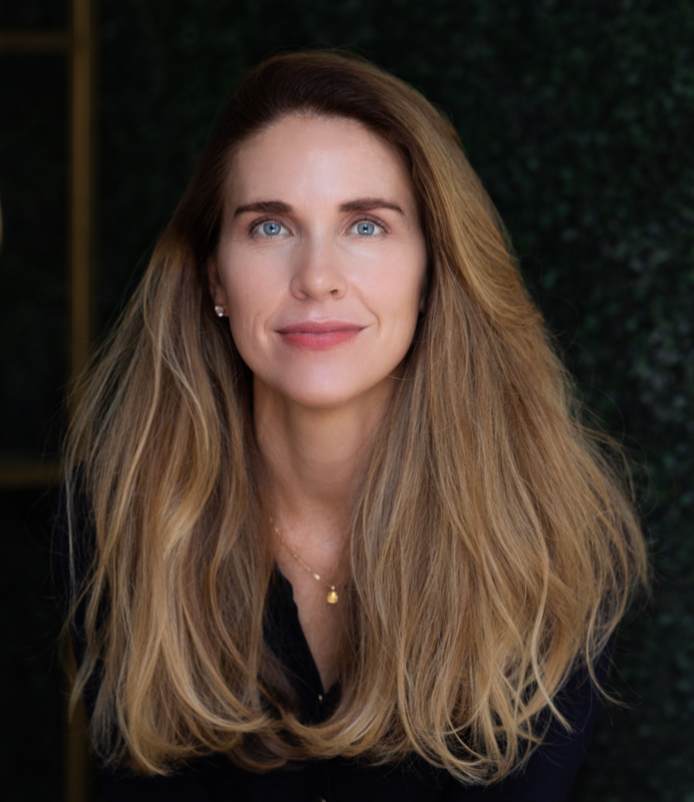
When I Googled the news search terms “Beyoncé” + “tour”, a respectable ~163,000,000 hits came up. When I did the same for “Taylor Swift” + “tour“, a staggering ~899,000,000 results returned.
A cursory search through the headlines confirmed my suspicions—a large number of major publications have closely followed both the musical powerhouses, but there’s undeniably been particular attention paid to Swift’s high-grossing numbers for her international Eras tour. From Billboard, to The Wall Street Journal, Business Insider, and TIME—even the Federal Reserve—several reports solely point to the I Can See You singer for a billion-dollar influx of economic stimulation in recent months. Yes, there were other major stories that looped in the success of Beyoncé’s Renaissance tour, but most mainstream publications often lumped her in with Swift, and even the Barbie movie. I’m well aware of how provocative and easily arguable of an observation this is. You could even say it’s easy for me to feel this way as (1) a Black woman that (2) writes for a Black women’s publication, with (3) a worldview that centers all things Black as hell. But…I’m not the only that has noticed this. In fact, Elizabeth Pearson, an Orange County, Ca-based white woman recently reached virality on TikTok when she took to the platform to demand that Beyonce be properly credited for her significant economic and cultural impact, and asked why it wasn’t happening in the first place.
“It’s just racism,” Pearson pointedly responds to my question about the imbalance of recognition.
She is an author and career coach with nearly a decade of experience in helping her clients get unstuck in their professions. Since the launch of her company, she says more than half of her client roster has been comprised of highly educated Black women that needed help reaching the higher rungs of the corporate ladder despite their considerable qualifications. After paying attention to the skewed media coverage of Taylor Swift and Beyoncé, the juxtaposition felt familiar to Pearson.
“It’s not by mistake that Swift and the Barbie is getting this huge amount of attention and credit for economic impact in comparison to Beyonce,” Pearson says. “When I started to see the outpouring of affection for Swift and I’m sitting here with Beyonce up and down my own feed, and I just kept thinking ‘why isn’t she on the nightly news? Why isn’t she getting this credit?’ And I kind of went back in my head. I’m like, it feels like there’s been a switch, right? Because at one point it was all this love. And then she did that Super Bowl appearance with Coldplay and released Formation where she was very pro-Black, it almost felt like a collective leaning back by the mainstream media starting then. Now we see it playing out in the amount of reporting on her significant impact.”
To be fair, near the end of her tour, Yelp released a July report that coined the Beyoncé Bump phenomenon, in which local shops and businesses received an uptick in patronage because of her U.S. tour. But Google results show the report’s findings received a fraction of the pickup Swift has over the past several months.
Pearson likens this to a larger workplace bias issue, which she says comes in many forms and is a common challenge among minorities, even Beyoncé. She says the best way to combat this is self-advocacy, but not in the way you may think, particularly when it comes to Black women.
“Gosh, it’s so tricky because I feel like the advocacy really needs to come from their colleagues and non-white peers since it’s such a hot button for Black women,” Pearson explains, pointing out that the group is often damned if they do speak up for themselves at work, and damned if they don’t. “What I see happening is everybody telling them to soften themselves so their self-advocacy can’t be misconstrued as being dominant, or angry, or demanding—being unpleasant to work with. These are all of booby traps that are everywhere for them. So, what’s happening is Black women have to expel this mental bandwidth to constantly filter everything that comes out of their mouth, every adjective they use, how an email is crafted. It’s making them have to do twice as much work because they have to think of all of the potential ways it could be received and used against them. So, as much as I would love to say that it will get better if you do these things, I really do feel like the advocacy needs to come from people outside of them.”

She says non-Black allies, particularly white people have to do more to move the needle on equity, and it’s not as difficult as they may think.
“Just for example, if you find a mentor who happens to be a white person that gives you great advice to advocate on your own behalf, that could be a huge win,” Pearson says. “Additionally, be sure to come with receipts for everything. When you’re going in and negotiating for a promotion or a salary increase, unfortunately you’re probably going to have to present twice as much proof to support that you deserve it more than somebody who’s white because it’s really hard to argue with facts of goals that you’ve achieved. I would also say a lot of times with my clients, ‘listen, we have to kind of play the game, but we don’t want to play it to the point where you feel like you’re being inauthentic. You shouldn’t have to shape shift and try to become a white woman or try to become a white man or whoever it is to feel like you can fit in because they hired you, because they do want to see your perspective.‘ It’s okay to vocalize that to yourself.
Although Pearson counsels her clients on how they can take steps to level up their own careers, she still puts the onus on non-Black people to help Black women get there faster.
“We have to do it—it’s not Black women’s responsibility,” Pearson says, pointing out that she was humbled by the amount of positive comments from Black TikTok users in response to her post about Beyonce’s impact. “I did the bare minimum with that video and received so much love. That just goes to show how much White women don’t speak up enough about these types of issues on a large and small scale. I can never put myself in Black women’s shoes, but I can say there are some good people out there who want to help.”